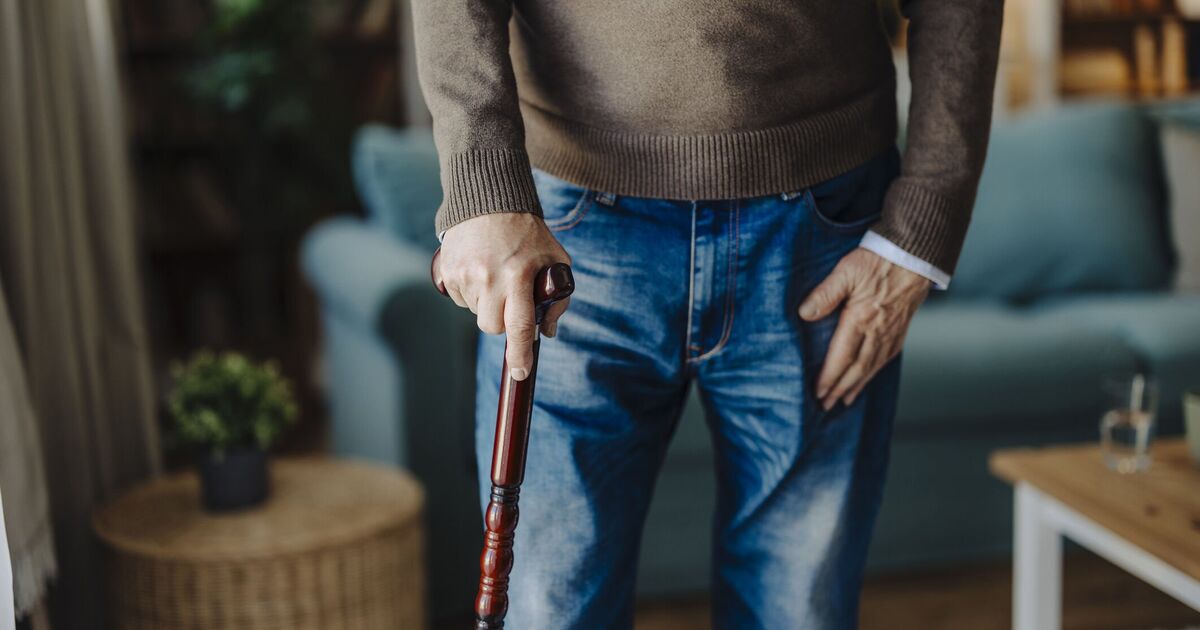When it comes to bolstering bone health, most of us would instinctively reach for calcium-rich dairy products. However, research has uncovered an unlikely fruit that could be even more effective in safeguarding our bones and reducing the risk of osteoporosis.
Osteoporosis is a condition characterised by a decrease in bone density, leading to increased fragility and a higher likelihood of fractures over time. It’s a condition that affects more than three million people in the UK, predominantly women, but men can also be affected. Given the crucial role estrogen plays in maintaining bone health, post-menopausal women typically face a heightened risk of osteoporosis as their hormone levels decline.
While there are medications available to manage and potentially prevent the condition, dietary and lifestyle modifications can be equally significant, with prunes emerging as a potential natural alternative. A 2022 study discovered that consuming just one serving of prunes daily could boost your bone density and ward off fractures, according to The Mirror.
The study found that a daily intake of around five or six prunes, equivalent to a 50 gram serving, can help prevent the loss of bone mineral density in the hip area among post-menopausal women. The study also proposed that prunes could offer a natural, diet-based method to lower the risk of osteoporosis, although further research is required to substantiate these findings.
Occupational and environmental medicine physician, Dr Ashley Ennedy from San Diego, took to TikTok explaining these findings. She said: “This is especially significant for those women who are unable to take prescription medication.
“More studies need to be done but it could also reduce hip fracture risk. This is based on a 12-month randomised controlled trial that was recently published in the American Journal of Nutrition.”
Prunes contain a range of essential nutrients like Vitamin K and potassium, which can support the bone-building process. They also help to reduce inflammation which plays a crucial role in bone loss.
Declining bone density is a natural part of getting older that nearly everyone will go through. This happens because bones are living tissue that constantly regenerate, but this process becomes slower as we age.
When it slows down to the point where existing bone breaks down faster than new bone can form, this leads to osteoporosis. The condition develops gradually over many years and is typically only identified after a fracture occurs.
The NHS points out that with osteoporosis, sometimes even a simple cough or sneeze can break a rib or cause a bone in the spine to partially collapse. Regular exercise, avoiding smoking, and getting sufficient sunshine can also help lower your chances of developing the condition.
